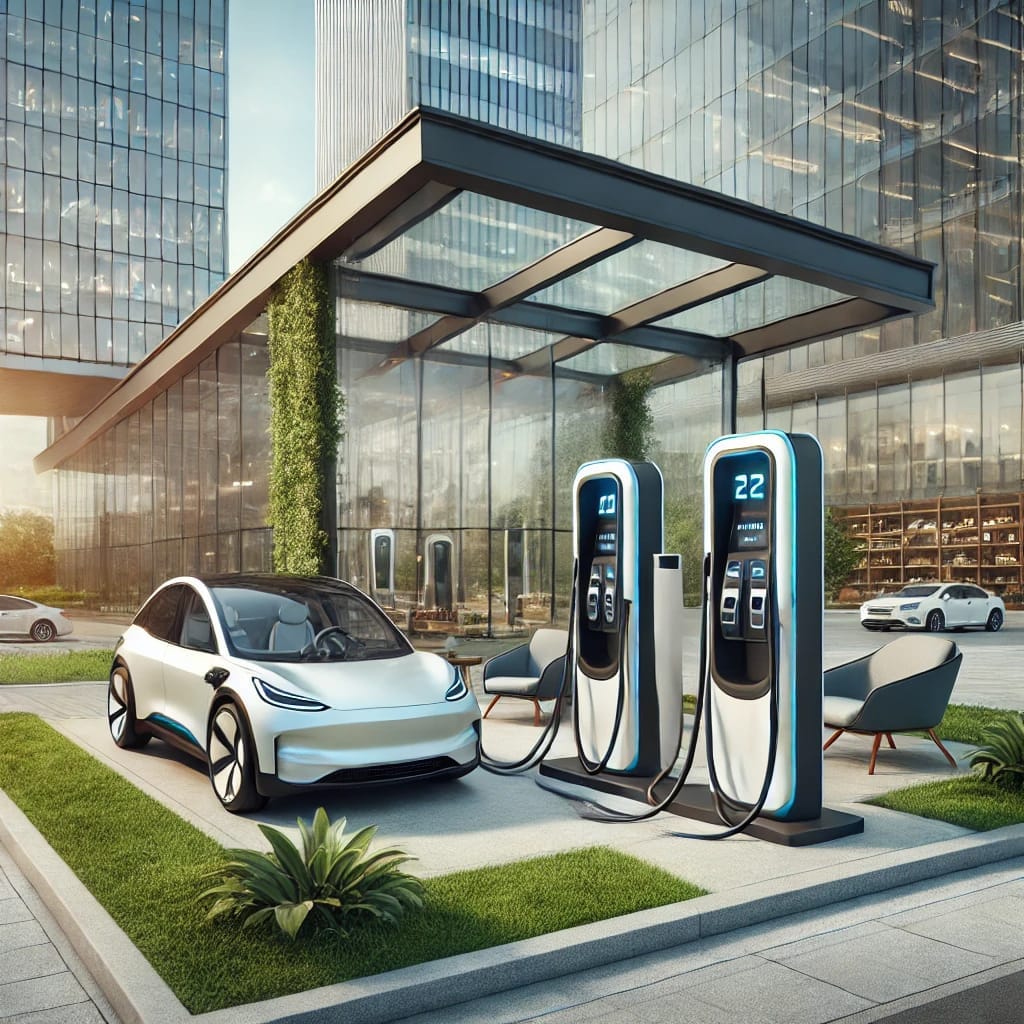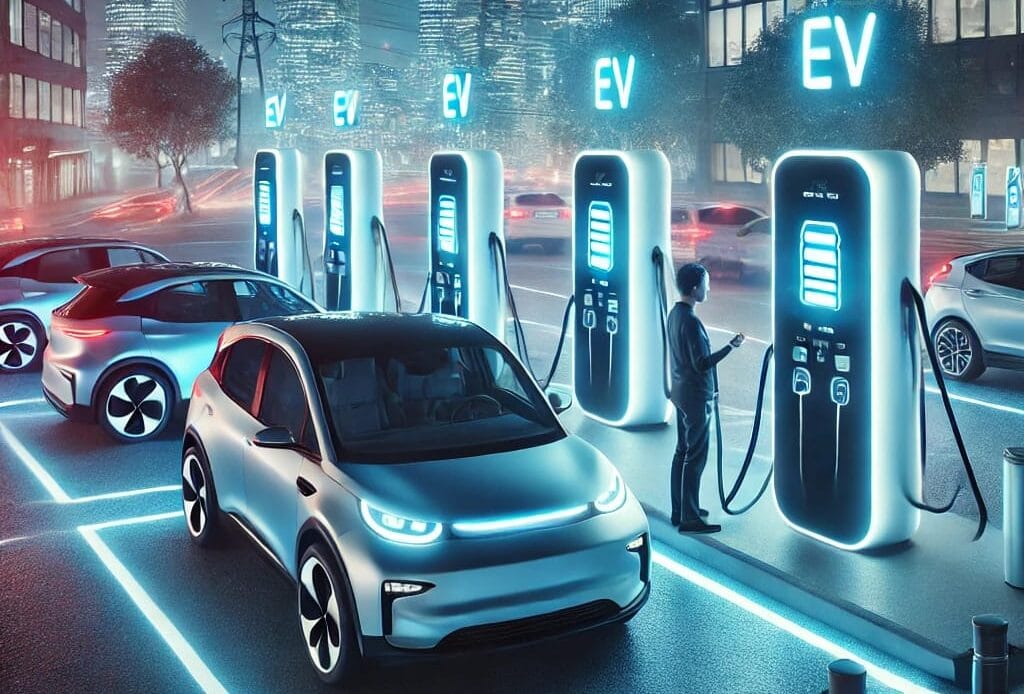Indian-Owned Business Wins $2B Federal EV Charging Deal as an Indian American-owned business secures a major federal contract to expand EV charging infrastructure across the US. This milestone reflects the increasing focus on sustainability, inclusivity, and the economic development of Native American communities. As the US government ramps up efforts to achieve its clean energy goals, this deal represents a significant step toward building a robust and accessible EV charging network while fostering opportunities for underrepresented groups.

The Deal : A Landmark Achievement
The $2 billion contract, awarded by the US Department of Transportation, underscores the government’s commitment to advancing EV adoption through strategic investments in infrastructure. The partnership aims to install thousands of EV charging stations nationwide, prioritizing underserved regions and major transportation corridors. This project is a part of a broader initiative under the Bipartisan infrastructure law, which allocates $7.5 billion to EV charging networks to support the administration’s target of 500,000 public charges by 2030.
This deal also highlights the growing presence of native American businesses in sectors historically dominated by large corporations. By securing this contract, the business not only contributes to the clean energy transactions but also strengthens its position as a key player in the renewable energy industry.
Empowering Native American Communities
The partnership’s significance extends beyond the environmental impact; it also promotes economic development in native American communities. The $2 billion investment will create thousands of jobs, including opportunities for engineers, technicians and construction workers from tribal areas. By involving native talent in high growth industries like renewable energy, this project fosters skills development and long-term economic stability.
Furthermore, the businesses’ success serves as an inspiration for other native owned enterprises. It demonstrates the potential of leveraging cultural and community strengths to compete on a national scale. Additionally, reinvesting profits into tribal education, health care and infrastructure ensures that the economic benefits extend to future generations.
Driving Sustainability
As the world grapples with climate change, transitioning to electric mobility has become a cornerstone of global efforts to reduce carbon emissions. This EV charging Network will significantly contribute to decarbonizing the transportation sector, which accounts for approximately 27% of US greenhouse gas emissions.
The project emphasizes the development of fast charging stations powered by renewable energy sources. By integrating solar panels and wind energy, theses stations align with broader sustainability goals. Moreover, the initiative will bridge the charging infrastructure gap in rural and underserved areas, ensuring equitable access to clean transportation options.
Overcoming Challenges
While the project promises substantial benefits, it is not without challenge. Building a nationwide EV charging network involves logistical complexities, including securing land permits, ensuring grid readiness, and addressing supply chain constraints. Additionally, promoting EV adoption in rural areas requires educating communities about the benefits of electric mobility and addressing concerns such as range anxiety.
The federal government’s collaboration with a native owned business demonstrates a commitment to overcoming these challenges through innovative solutions and stakeholder engagement. By leveraging local knowledge and expertise, the project aims to ensure smooth implementation and widespread acceptance.
Conclusion
The $2 billion federal EV charging deal awarded to an Indian American owned business marks a pivotal moment in the intersection of clean energy, inclusivity, and economic development. This initiative not only accelerates the nation’s transition to sustainable transportation but also empowers native American communities through job creation and economic growth.
As the US strives to achieve its clean energy targets, collaborations like this set a powerful precedent for fostering diversity and innovation in critical industries. By investing in infrastructure that benefits both the environment and the underrepresented communities, this partnership exemplifies a holistic approach to building a suitable and inclusive future.
http://www.jurisconsultants.in Indian-Owned Business Wins $2B Federal EV Charging Deal






